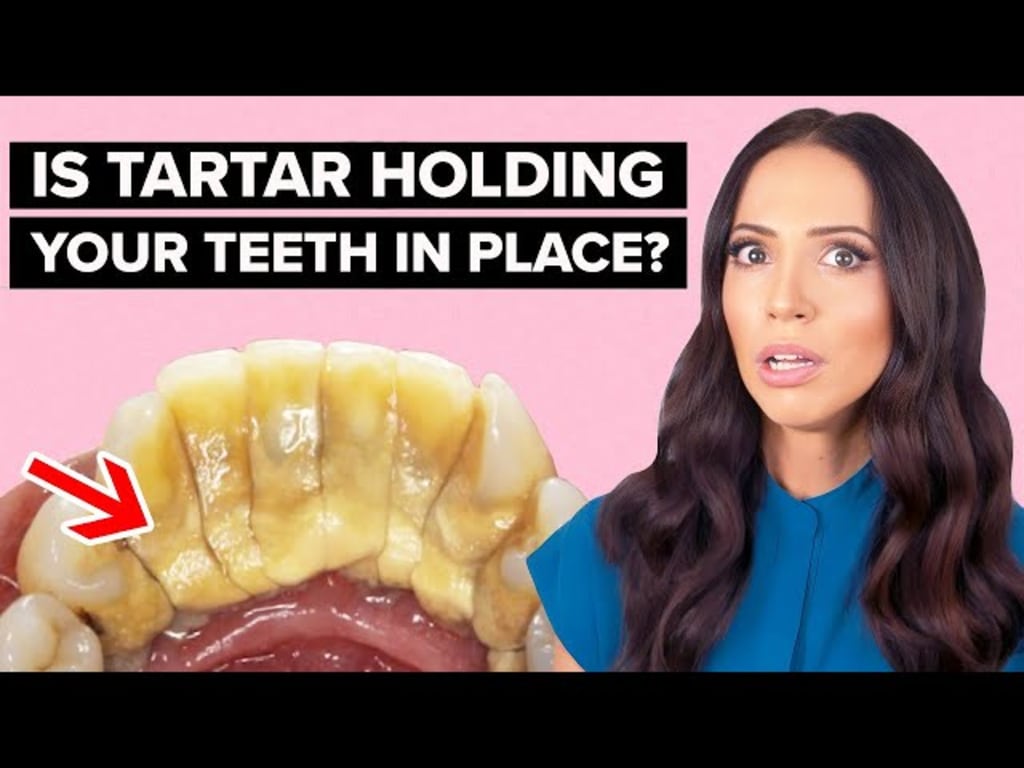Bridging Oral Health, The Role of Calculus Bridge Dentistry
Calculus Bridge

Calculus bridge dentistry plays a pivotal role in maintaining oral health by addressing calculus buildup, a common dental concern. This article explores the significance of calculus dentistry in oral hygiene and the various methods used to manage and prevent calculus formation.
Understanding Calculus Bridge
Calculus, also known as tartar, is a hardened deposit of plaque that forms on the teeth due to the mineralization of dental plaque. When left untreated, calculus can lead to various dental issues, including cavities, gum disease, and bad breath. Calculus refers to the accumulation of calculus along the gum line, creating a bridge-like structure that can harbor harmful bacteria.
Causes of Calculus Bridge
Calculus formation is primarily caused by poor oral hygiene habits, such as infrequent brushing and flossing. Additionally, factors such as diet, genetics, and certain medical conditions can contribute to the development of calculus.
Effects of Calculus Bridge on Oral Health
The presence of the bridge can lead to several oral health problems, including gum inflammation, gingivitis, and periodontal disease. As calculus accumulates along the gum line, it creates pockets where bacteria can thrive, increasing the risk of infection and gum recession.
Diagnosis of Bridge
Dentists can diagnose Calculus Bridge through a complete oral examination, which may include visual inspection, probing of the gum tissue, and dental X-rays. The presence of bridge is often indicated by visible tartar deposits along the teeth and gum line.
Treatment Options
The treatment of this bridge typically involves professional dental cleaning procedures, such as scaling and root planning. During scaling, the dentist uses specialized instruments to remove calculus deposits from the teeth and gum line. Root planning is then performed to smooth the tooth roots and prevent calculus buildup.
Oral Hygiene Importance
Maintaining optimal oral hygiene is essential for overall health and well-being. Poor oral hygiene can lead to various dental issues, including cavities, gum disease, and bad breath. Calculus dentistry addresses one of the common consequences of inadequate oral care, helping individuals achieve and maintain healthy teeth and gums.
Preventive Measures
Preventing this bridge involves adopting a full oral care routine. Daily brushing and flossing, along with regular dental check-ups, are critical for removing plaque and preventing calculus formation. Additionally, incorporating healthy dietary habits and avoiding tobacco products can further reduce the risk of bridge and other dental problems. Preventing this bridge requires a combination of good oral hygiene practices and regular dental check-ups. Patients are advised to brush their teeth twice a day, floss daily, and use antimicrobial mouthwash to reduce plaque and bacteria. Additionally, maintaining a balanced diet low in sugary and acidic foods can help prevent calculus formation.
Educational Resources
Educational resources, such as informative articles and interactive tools, can empower individuals to take control of their oral health. By learning about the causes and consequences of bridge and implementing preventive strategies, individuals can effectively protect their teeth and gums and enjoy a lifetime of healthy smiles.
Collaborative Approach
Calculus dentistry often involves collaboration between patients and dental professionals. Dentists educate patients about proper oral hygiene techniques and provide personalized treatment plans to address their specific needs. By working together, individuals can achieve optimal oral health and prevent the onset of bridge and its associated complications.
Conclusion
In summary, Calculus bridge dentistry plays a crucial role in preserving oral health and preventing dental problems associated with calculus buildup. By understanding the causes, effects, and treatment options for bridge, individuals can take proactive steps to maintain optimal oral hygiene and prevent oral diseases. Regular dental visits and professional cleanings are essential for early detection and management of calculus, ensuring a healthy smile for years to come.
About the Creator
Enjoyed the story? Support the Creator.
Subscribe for free to receive all their stories in your feed. You could also pledge your support or give them a one-off tip, letting them know you appreciate their work.





Comments (1)
So informative and helpful!